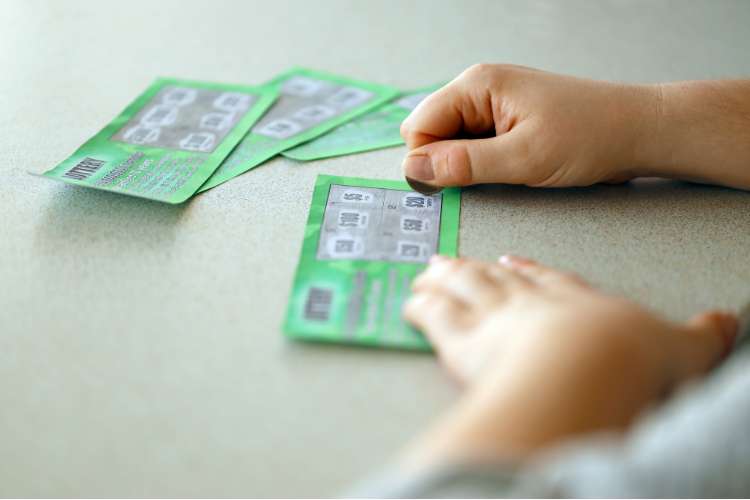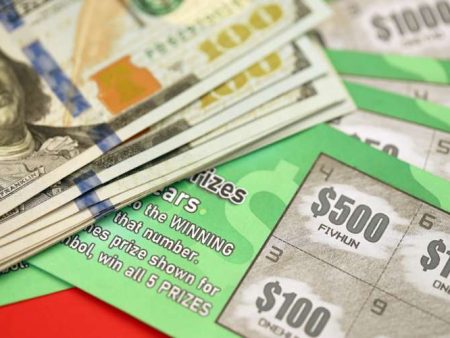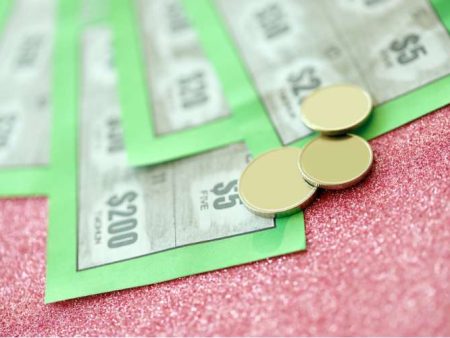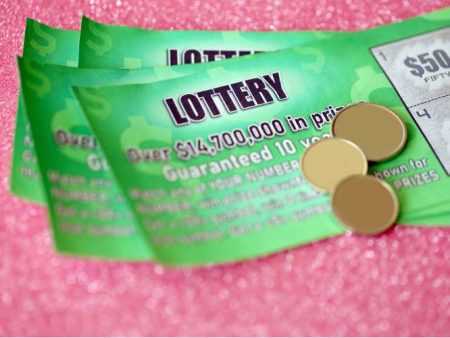
What's on this page
Scratch cards have long been a popular choice among UK players who seek quick thrills and the chance to win instant prizes. Whether you’re buying them from a store or playing online, the excitement of scratching off a panel to reveal a potential win never gets old. But as simple as scratch cards may seem, understanding the scratch card odds behind them is crucial to having a more informed, enjoyable experience.
In this article, I’ll walk you through everything you need to know about choosing scratch cards, how odds work, and what to look out for when selecting your next card. I’ll also touch on whether scratch cards require skill or luck and how you can manage your expectations. By the end, you’ll not only understand the odds better but also how to play responsibly while enjoying this classic gambling option.
What Are Scratch Cards?
Scratch cards are one of the most straightforward and exciting gambling games available. Players buy a card, and by scratching off a coating, reveal whether they’ve won a prize. The prizes can range from small amounts to life-changing sums, depending on the card you choose.
While the concept of scratch cards is simple, the variety is vast. There are many different themes in scratch cards—from fruity designs to movie and holiday-themed cards. With the rise of online scratch cards, it’s easier than ever to play from the comfort of your home or on the go with mobile devices.
Scratch cards come with fixed or variable prize pools, and the odds can vary depending on the type and design of the card. The excitement is in the randomness of it all, but it’s crucial to understand how odds affect your chances of winning before diving in.
How Do Scratch Card Odds Work?
Understanding scratch card odds is key to having realistic expectations when you play. The odds represent the likelihood of winning a prize based on the total number of cards printed. For example, if a scratch card has 1 in 4 odds, it means that, on average, 1 out of every 4 cards will have a winning prize.
Here’s a breakdown of what factors influence these odds:
- Prize pool size: Bigger prizes typically come with longer odds.
- Number of cards printed: The more cards there are, the lower your chance of winning.
- Prize distribution: Not every card will win, and the distribution of prizes is random.
So, when you see odds like 1 in 10, that doesn’t mean the next card will be a winner—it simply means the odds are stacked against you in the long run. Scratch cards require skill or luck? While luck plays the biggest role, understanding the odds allows you to make smarter decisions on which cards to play.
Types of Scratch Cards and Their Odds
Not all scratch cards are created equal. There are various types, each with its own odds and structure. Here’s a quick guide to the main types of scratch cards available:
| Type of Card | Description | Odds |
| Instant-win Cards | Offers quick results with relatively high odds. | 1 in 3 to 1 in 6 |
| Themed Scratch Cards | Features popular themes such as movies, TV shows, or holidays. | 1 in 5 to 1 in 10 |
| Progressive Scratch Cards | Allows you to win larger jackpots, but the odds of winning are lower. | 1 in 20 to 1 in 50 |
- Instant-win cards usually offer a higher chance of winning but with smaller prizes.
- Themed cards are typically designed with specific interests in mind and may have medium odds. They often appeal to players looking for fun and variety.
- Progressive cards have larger jackpots, but the odds are much lower, as they’re designed to build a prize pool over time.
When choosing scratch cards, the best strategy is to match the type with the prize size you’re comfortable with. If you’re looking for immediate gratification, instant-win cards might be the way to go. If you’re dreaming of a huge jackpot, go for progressive cards—but be mindful of the odds.
Understanding the Prize Distribution
The prize distribution of a scratch card is a major factor in its odds. Not all scratch cards are guaranteed to give you a prize, and many of them may feature several smaller prizes alongside one or two larger ones. For example, you might have a 1 in 4 chance of winning a prize, but it could be a small one, like £1 or £2.
- Fixed prize pool: The total prize amount is predetermined and won’t change.
- Variable prize pool: Prizes vary depending on the game’s performance and how many cards are purchased.
Cards with higher prize pools may have fewer winning tickets, but they offer the chance of larger wins. Cards with lower prize pools tend to have better odds of smaller wins.
The Role of RTP (Return to Player) in Scratch Cards
When looking at scratch card odds, the concept of RTP (Return to Player) is crucial to understanding how much you can expect to win back from a scratch card over time. RTP refers to the percentage of total bets that a game will pay back to players as winnings.
For example, if a scratch card has an RTP of 95%, you can expect, on average, to win back 95p for every £1 spent on the game. However, this is based on long-term averages, and the RTP doesn’t predict individual outcomes.
RTP affects scratch card odds by determining how much of the total prize pool is paid back to players. Cards with higher RTP are generally more favorable for players, though this doesn’t guarantee a win.
How to Increase Your Chances of Winning
While scratch cards require skill or luck, there are a few strategies that can help you maximise your chances. Here are some tips for playing scratch cards responsibly:
- Choose cards with better odds: Instant-win cards typically offer higher chances of winning smaller amounts, while progressive cards have longer odds but higher jackpots.
- Set a budget: Don’t spend more than you can afford. A solid budget will ensure you enjoy playing without risking too much.
- Stick to your limits: Know when to stop. If you’re on a losing streak, it’s best to take a break and avoid chasing losses.
- Avoid cards with too many large prizes: Cards that offer massive jackpots often come with much lower odds of winning.
Misconceptions About Scratch Card Odds
There are several misconceptions that can lead to frustration when playing scratch cards:
- “The more you play, the better your odds”: In reality, each card has the same set of odds, regardless of how many times you’ve played before.
- “Cards at a certain store or casino have better odds”: The odds for scratch cards are usually set by the game provider and remain consistent across platforms and locations.
- “If a card hasn’t paid out yet, it’s due to win”: This is a misconception that leads to chasing losses. Scratch card outcomes are entirely random.
Responsible Gambling and Scratch Cards
While scratch cards can be an enjoyable form of entertainment, it’s important to approach them responsibly. The nature of the game means that it’s easy to get caught up in the excitement, but managing your expectations and understanding the odds can help you stay in control.
Here are some tips for responsible play:
- Set limits: Know how much you’re willing to spend and stick to it.
- Don’t chase losses: If you’ve been playing for a while without success, take a break.
- Seek help if needed: If you feel your gambling is getting out of control, there are plenty of resources available to help.
Conclusion
In conclusion, understanding scratch card odds can significantly enhance your experience as a player. By knowing the odds, understanding the prize distribution, and selecting the right cards, you can make more informed decisions and enjoy the game in a fun, responsible manner. Whether you’re into instant-win cards, themed scratch cards, or progressive scratch cards, remember that luck plays a big part, but knowledge of the odds makes you a smarter player.
Now that you have a better understanding of how to choose scratch cards wisely, it’s time to enjoy the thrill of the scratch. Always play responsibly, and good luck!





